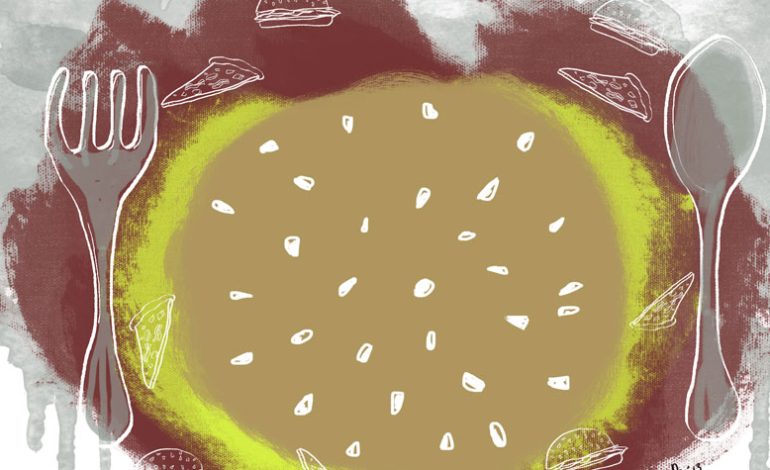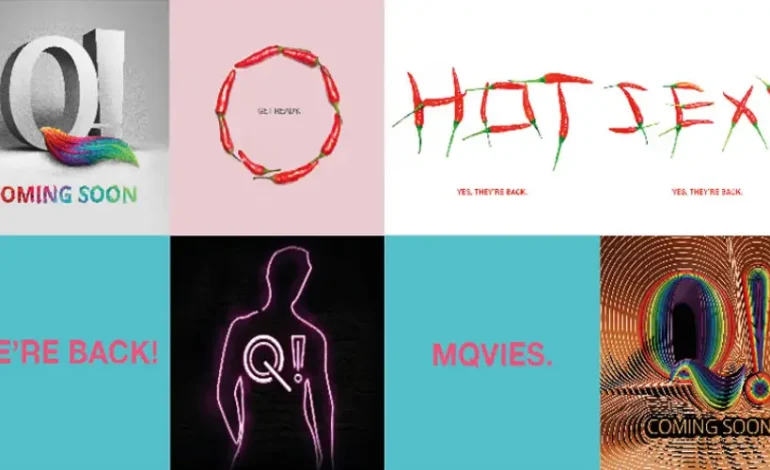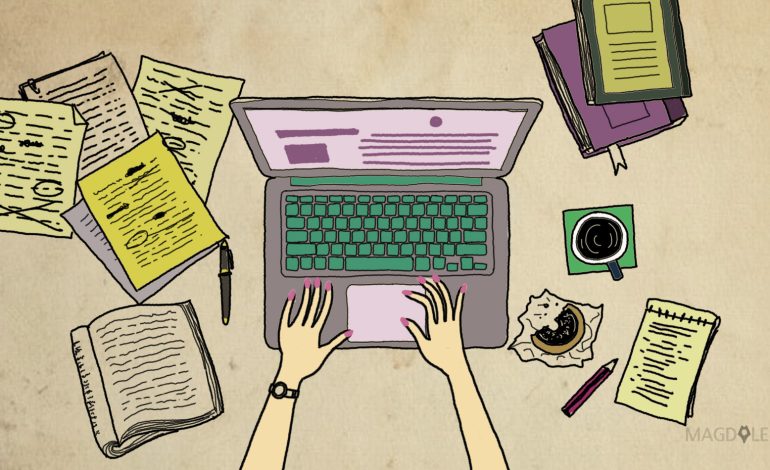We Need to Talk About ‘Food-Shaming’

Have you heard about “food-shaming?”
While there’s no official definition, it’s generally used to describe a phenomenon, which, frankly, we find alarming: making other people guilty about what they eat.
For example, these days, many people feel compelled to share what they eat on social media. As a consequence, we tend to become hyper-aware of our own food choices. We wonder why we aren’t on the juice diet or eating more quinoa and tofu chips. Aren’t drinking water and eating enough vegetables enough?
Actually, why humans eat is very simple. We eat to stay nourished. We eat to feel good. Being inspired to stay healthy is one thing. But questioning perfectly normal, regular food habits because of what others say or eat is another thing.
You may have experienced (or committed) food shaming without knowing it. Below is a list of four food-shaming moments that we’ve spotted recently, and what we really think about them.
“#CheatDay”
Where we spotted it: That person who posted a top shot of a big plate of cheese-drizzled fries, flanked by a cup of coffee topped with a dollop of whipped cream and drizzled caramel. The photo is appended with #CheatDay, as a disclaimer that this set-up does not happen every day.
What we think about it: It’s one thing to see this hashtag on a weekly basis. But when it also proliferates posts about birthday dinners, office lunch outs, and other moments where eating is expected anyway, we start to wonder: should we feel bad for not considering these moments as “cheat days,” and simply as moments where we want to eat a little more than usual?
“You’re gaining weight!”
Where we spotted it: That aunt who crept up on us at family gatherings, at the buffet queue no less. Right as we heaped the chicken and garlic rice on our plates, she squeezed our arms and exclaimed, “You’re gaining weight!”
What we think about it: Actually, we’re not sure why our relatives always feel entitled to remark on our waistline. Gaining weight isn’t necessarily a sign of being less healthy – it could simply mean that our bodies are changing. As long as we exercise and we eat right regularly, we shouldn’t have to hold back that extra rice.
“You’re eating all that?”
Where we spotted it: At yet another reunion, where we could feel those burning eyes following us simply because we asked for extra rice (or an extra kebab). We could practically pop their thought bubbles: “You’re eating all THAT?”
What we think about it: For Filipinos, telling someone “Kain tayo (let’s eat)” is as normal as greeting them with “how are you?” Eating is a shared experience. But no one wants to be noticed for taking seconds – or thirds. Because of fear of being judged, no one wants to feel like the hungriest person in the group – even though at least three people have more than enough room for it on their stomachs anyway.
“Diet?”
Where we spotted it: The raised eyebrows that we get when we order the salad, or ask for half rice instead of three.
What we think about it: This is the reverse of the previous food-shaming moments. Just as there are people who judge those who don’t obsess over their calories, there are also people who judge us when we actually want to control our portions – especially in the context of big gatherings.
Should we always go for the sisig, even though we’re very aware of the consequences of eating too much oily food? Should we force ourselves to drink at least 2 bottles of beer just because it’s a night out? Losing a few pounds is NOT the only motivation for eating healthy. Maybe we’re really just OK with half rice.
If you ever experience these food-shaming moments, don’t be discouraged. Eating and staying healthy is a personal journey. As long as you know what’s good and what’s bad for you, and you have a means to keep your health in check, you should not hinder yourself from enjoying food however you want it.
This story was first published in Rappler.com, a Manila-based social news network where stories inspire community engagement and digitally fuelled actions for social change.






















